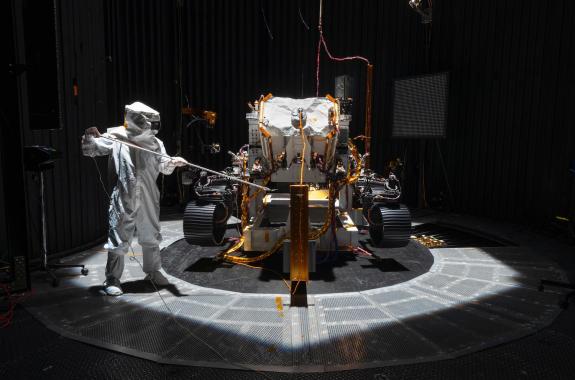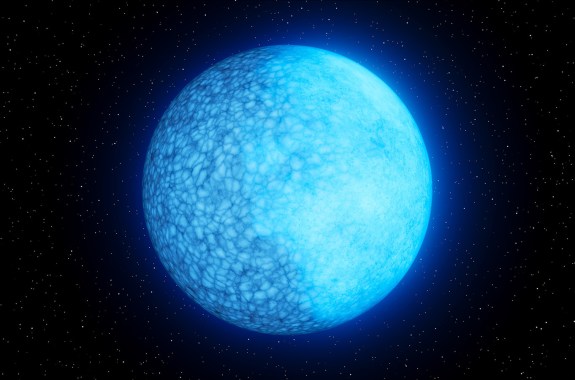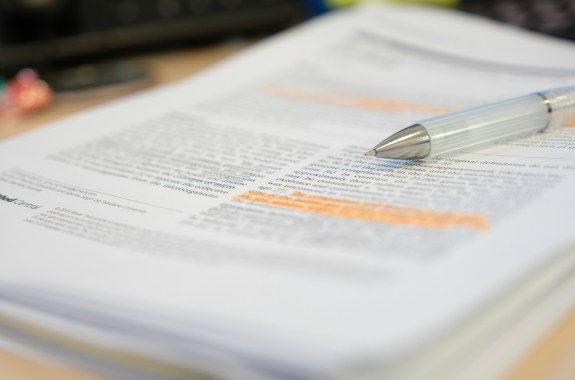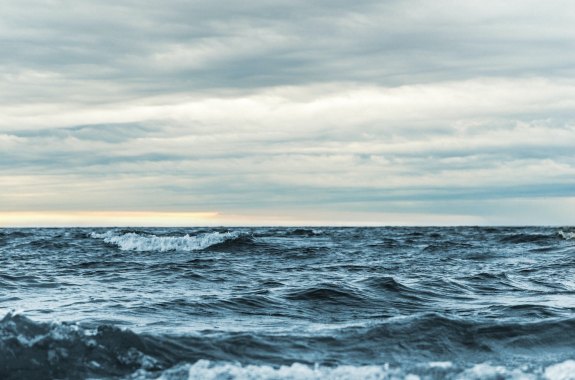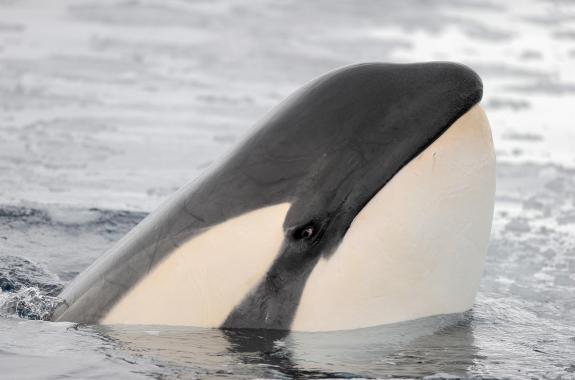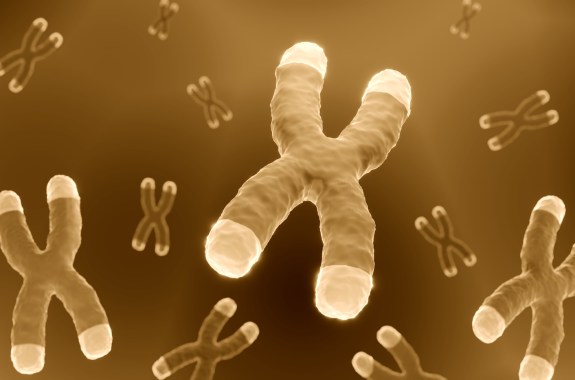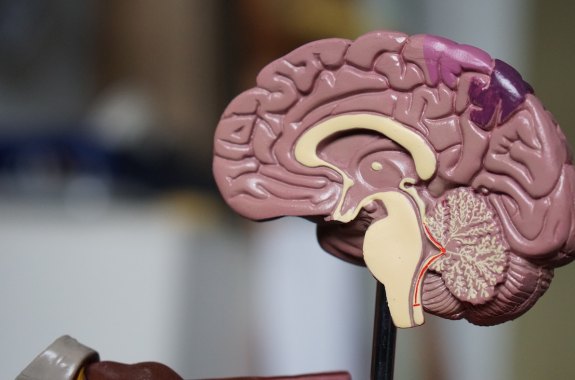As Science Friday’s director and senior producer, Charles Bergquist channels the chaos of a live production studio into something sounding like a radio program. He coordinates in-studio activities each week from 1-4. And then collapses. He also produces pieces for the radio show. His favorite topics involve planetary sciences, chemistry, materials, and shiny things with blinking lights.
Charles has been at Science Friday longer than anyone on staff except Ira, and so serves as a repository of sometimes useful, sometimes useless knowledge about the program. He remembers the time an audience member decided to recite a love poem during a live remote broadcast, the time the whole staff went for ice cream at midnight in Fairbanks, Alaska, and the name of that guy Ira is trying to remember from a few years back who did something with space.
He hails from southeastern Pennsylvania and worked for a while as a demonstrator at the Franklin Institute, Philadelphia’s science museum (favorite devices: Maillardet’s Automaton, the stream table, the Chladni plates). He has a degree in chemistry from the University of Delaware, home of the Fighting Blue Hens, and a master’s in journalism from New York University’s Science, Health, and Environmental Reporting Program. However, he attended the program prior to the addition of ‘Health’ to its name, which may explain his slight unease when covering medical topics.
Outside the walls of Science Friday, he enjoys backpacking, camping, cooking not-entirely-healthy things, reading escapist fiction, and trying to unravel his children’s complicated stories.
12:16
Using Stem Cells For Cornea Repair Is Worth A Look
Stem cell grafts may open up new treatment avenues for severe eye injuries.
11:30
Protecting Other Planets From Earth’s Germs
As missions venture forth to places such as Mars or Jupiter’s moon, Europa, the need to protect worlds that could support life becomes more critical.
8:17
Where The Rubber Meets The Road For Electric Cars
Compared to traditional combustion vehicles, some EV owners report their tires wearing quickly.
11:52
Astronomers Spy A Two-Faced Star
The unusual white dwarf star appears to be made of hydrogen on one side and helium on another.
11:17
Remembering Engineer And Author Henry Petroski
The prolific and poetic author tackled everything from the safety of bridges to humanity’s follies.
17:19
When Eye-Grabbing Results Just Don’t Pan Out
Is a drive to publish in prestigious scientific journals leading researchers to overstate their findings as the next big breakthrough?
11:51
Why Have Ocean Temperatures Spiked?
Scientists still don’t know why global sea surface temperatures have risen so dramatically.
12:06
Orcas Are Attacking Boats Near Spain. Scientists Don’t Know Why
Orca attacks on boats in the region have increased, leading to three sinkings. Plus, how a Supreme Court decision could affect wetlands.
11:57
The Long And Short Of Telomere Activity
Short sequences of genetic code on the ends of chromosomes called telomeres may be more involved in the cell than previously understood.
9:46
Tracking Pain In Your Brain
Scientists are decoding the brain signals linked to chronic pain.

